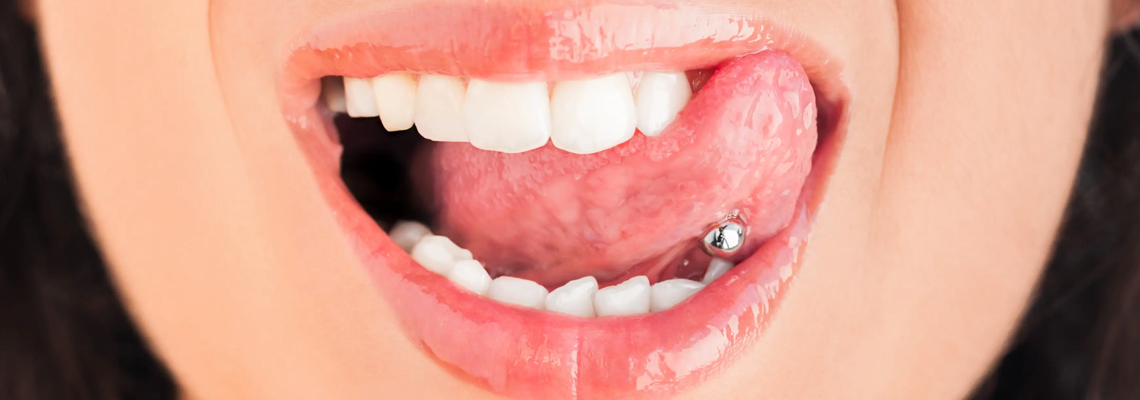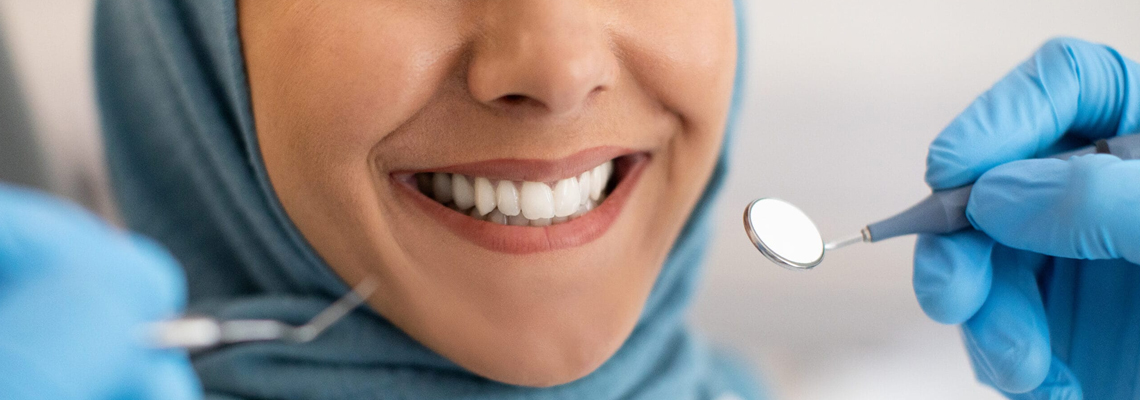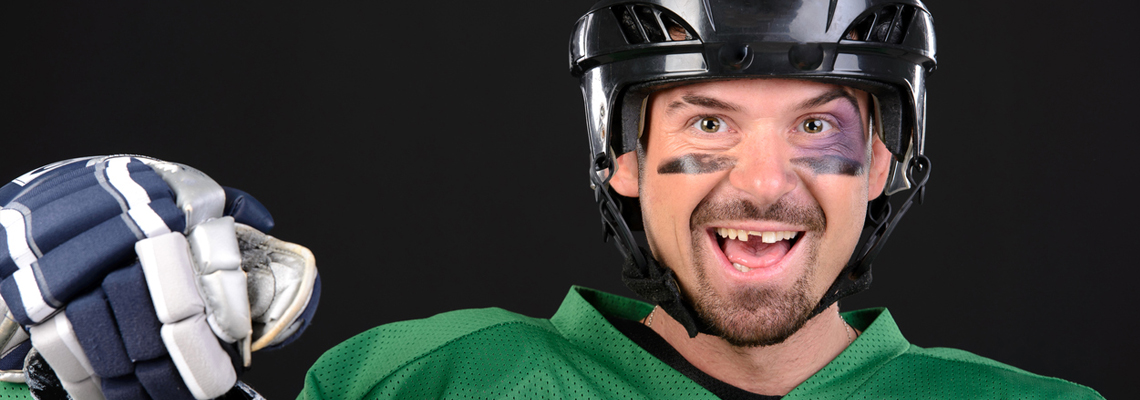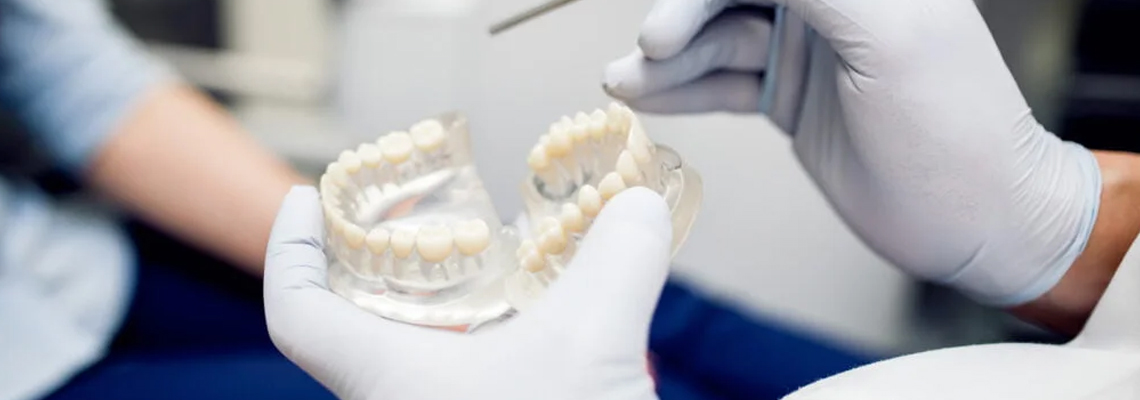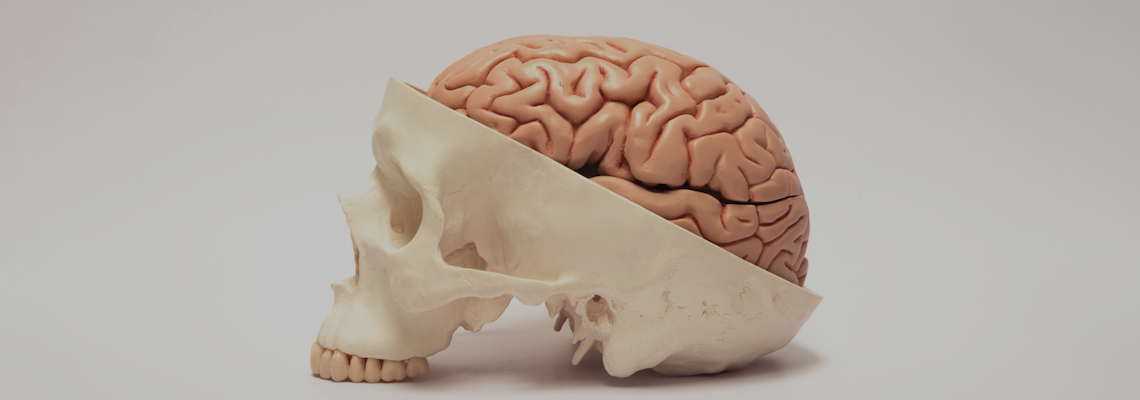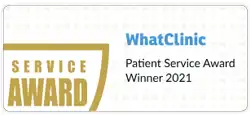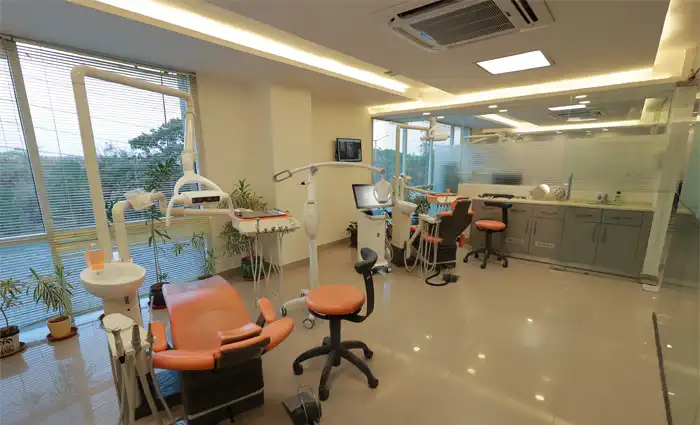Remember that guy in high school you liked who had a lip ring? I wonder what’s going on with his teeth now. Don’t get us wrong—at Wagner Dental, we’re all for self-expression, and if you like to change your body with things like tattoos and piercings, we’re all for it. But as your dentists, we highly advise against oral piercings because they can really hurt your teeth, and we want you to keep your teeth healthy so you can keep showing off your beautiful smile.
Any piercing in or around the mouth is called a “oral piercing.” In the past, tongue and lip piercings were the only choices, but now there are more choices than you can shake a stick at. If it’s in your mouth, you can be sure that it’s been cut. From the tongue web piercing to the vampire or upper frenulum piercing, the gum piercing, poison bites, snake eyes, smiley piercing, frown piercing, and even the uvula piercing — yes, your uvula can be pierced too. There’s even something called a “dental piercing,” which isn’t always a hole drilled in the tooth, but rather jewelry that is stuck to the top of the tooth. But don’t get any ideas, because we don’t suggest any of these!
Dr. Motiwala is here to tell you why mouth piercings are not a good idea for your teeth.
Infection
If you’ve ever had your ears or anything else pierced, you know that there’s a chance of getting an illness and that it’s important to keep the area clean. But facial piercings are much more likely to get infected because they are in or near the mouth. There are millions of bacteria in the mouth, some of which are good and some of which are very bad. Some of these bacteria could get into the piercing site and cause an illness.
The American Dental Association says that secondary infections can lead to dangerous diseases like hepatitis, angina, and herpes. There is always a chance of getting an illness from an oral piercing, but this is especially true in the weeks after the first piercing. Infections can cause the area around the piercing to swell, hurt, get a fever, chills, shake, or look like it has red streaks. If you see signs of infection, you should get in touch with us right away.
Tooth & Gum Damage
Damage to the teeth and gums is one of the most common dental problems that can come from mouth piercings. It’s already pretty easy to hurt your teeth and gums, whether you chew ice or brush too hard. If you add a piece of metal jewelry to the mix, things are going to go wrong. Oral piercings can cause irritation to the gums and damage to the enamel, which can show up as breaks, chips, scratches, and sensitivity in the teeth.
If you’ve had dental work done, like fillings or crowns, oral piercings can damage these as well. If you don’t want to spend more money and time in the dentist’s chair getting your dental work fixed, we suggest you choose a non-oral piercing instead.
Nerve Damage
Nerve damage is a common cause of numbness after getting your tongue pierced. This is usually only temporary, but it can sometimes be lasting. Nerve damage can make you lose your sense of taste and change how your mouth moves and works. People have also said that tongue piercings can damage the blood vessels in the mouth, which can lead to a lot of blood loss.
Other Hazards
With piercings, there is always a chance of an allergic response. Some people are allergic to some metals, while others are just very sensitive to some metals. Tongue piercings can make you make more saliva, which can make you drool a lot and change the way you talk, giving you a lisp. It wasn’t as interesting as you thought it would be, huh? Lastly, facial piercings can make dental care harder because they get in the way of x-rays and make it hard to see the whole picture of your mouth.
Our Advice
If you already have a mouth piercing, we do suggest taking it out, but we understand if it’s a big part of your look. If you still want an oral piercing after reading this article or are still thinking about getting one, at least read our tips on how to take care of it and avoid or lessen tooth problems.
- Choose a piece of jewelry that looks good where it will be worn.
- Make sure your clothing is the right size. At first, swelling may require longer or bigger jewelry, but once the swelling goes down, the jewelry should be swapped out or changed to fit.
- If you choose metal jewelry, make sure you know if you have any allergies and that the jewelry meets standards for medical implant grade.
- Use polymer balls to reduce the chance of damage, and choose a smaller ball for the underside of the tongue to reduce contact with this soft tissue area.
- Keep the piercing clean and free of debris by cleaning, flossing, and rinsing with mouthwash after every meal. Despite what you might think, alcohol-free mouthwash is better because alcohol dries out the mouth, which makes it more likely to get an infection.
- Don’t play with your jewelry or put it in your mouth and move it around, like by chewing on it or hitting it against your teeth. Be careful and pay attention to how your metal moves when you talk and eat.
- Check your jewelry often (with clean hands) to make sure it’s secure so you don’t choke or swallow it.
- If you play sports, you might want to take off your jewelry and you should always wear a mask.
- Keep up your good oral hygiene habits and come see us at Wagner Dental on a daily basis so we can catch any small problems before they get worse.
We hope that this article has made you reconsider getting a mouth piercing. There are plenty of other places to get pierced, and there are many ways to express yourself that don’t involve hurting your mouth forever. If you already have an oral piercing or are thinking about getting one, we hope you’ll listen to our tips on how to keep the damage to a minimum.
We’d love to talk to you if you have any more questions about oral piercings or anything else connected to oral health. Get in touch with us today at Dr. Motiwala Dental Clinic & Implant Centre!
Are You Looking For Dental Implants
Click on the links below to learn more about the approximately $50,000 savings option for Dr. Motiwala’s packages.
- Full mouth dental implants & Cost of Treatment
- Smile Makeover & Cost of Treatment
- Watch 100’s of Testimonials from our International Patients
Make An Appointment!
Please contact us if you have dental difficulties or are interested to know about dental implants and how they might improve your smile. Dr. Motiwala Dental Clinic & Implant Center may be reached at +91 99596 14584. You can also Contact Us by clicking the banner below.



